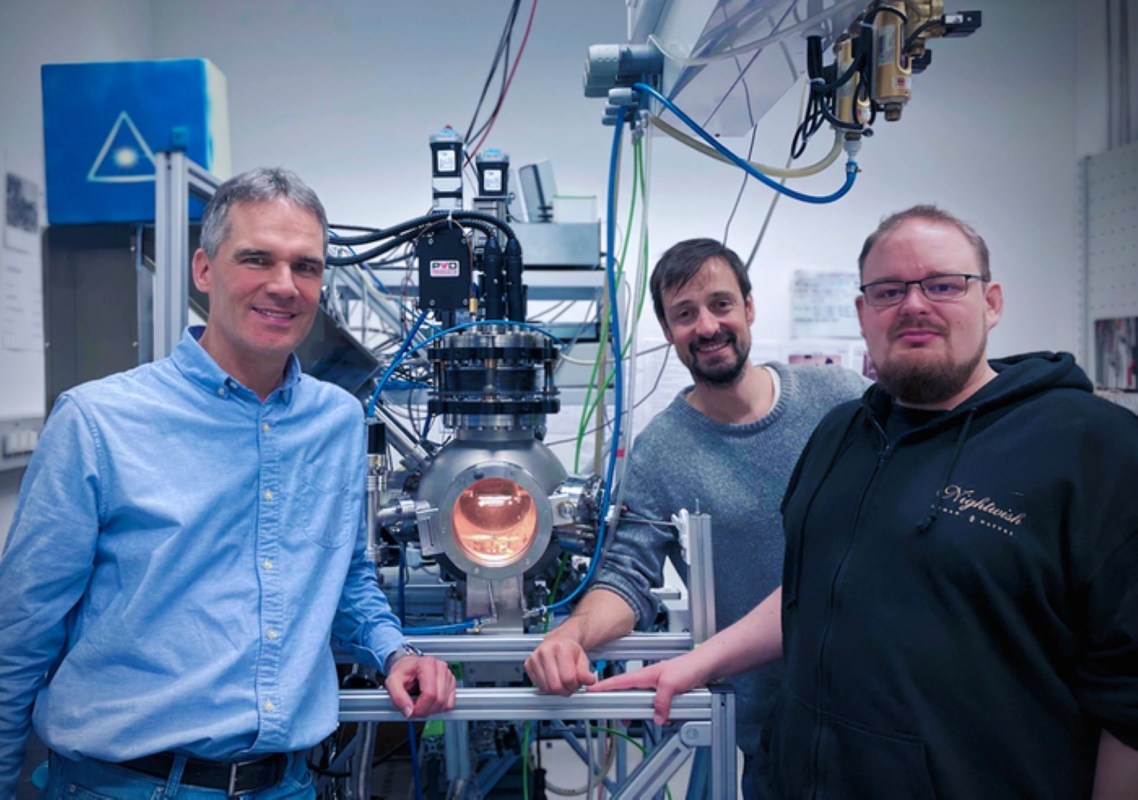A breakthrough from the Vienna University of Technology — regenerative oxygen-ion batteries — may transform the world of energy storage, with the potential to replace lithium-ion batteries in many key applications.
Lithium-ion batteries are among the most commonly used energy storage devices on the planet. However, these batteries have a number of problems, including frequent overheating that sometimes leads to fires and a tendency to lose effectiveness as they age.
Lithium batteries also have a substantial environmental impact, as one ton of lithium necessitates 2.2 million gallons of water to obtain through mining — which has a massive effect on the communities near the mines, such as Salar de Atacama in Chile, according to Azo Clean Tech.
Additionally, lithium batteries include materials made of copper, nickel, and lead, which are all potentially toxic. Improper disposal of lithium batteries can cause major environmental issues.
Oxygen-ion batteries, on the other hand, solve all of these problems.
According to a news release from the Vienna University of Technology (TU Wien), oxygen-ion batteries don't have the same aging issue that lithium batteries face, which means they can maintain effectiveness for an incredibly long period.
They can also be manufactured using incombustible materials and don't require the same rare elements as lithium batteries, which means they won't have nearly as substantial of an environmental footprint and won't spontaneously explode if mishandled.
"In many batteries, you have the problem that at some point the charge carriers can no longer move," said Alexander Schmid of TU Wien's Institute for Chemical Technologies. "Then they can no longer be used to generate electricity, the capacity of the battery decreases. After many charging cycles, that can become a serious problem."
Instead, oxygen-ion batteries last a long time and can be made from ceramic materials that cannot catch fire.
"We have had a lot of experience with ceramic materials that can be used for fuel cells for quite some time," said Schmid. "That gave us the idea of investigating whether such materials might also be suitable for making a battery."
The oxygen batteries aren't entirely flawless, as they possess a lower energy density than lithium batteries and run at temperatures between 392 and 752 degrees Fahrenheit, which means they can't be effectively used for electric cars or smartphones.
However, they might be the perfect batteries for storing clean energy.
"If you need a large energy storage unit to temporarily store solar or wind energy, for example, the oxygen-ion battery could be an excellent solution," Schmid said. "If you construct an entire building full of energy storage modules, the lower energy density and increased operating temperature do not play a decisive role."
Schmid continued, saying, "But the strengths of our battery would be particularly important there: the long service life, the possibility of producing large quantities of these materials without rare elements, and the fact that there is no fire hazard with these batteries."
Other alternatives to lithium batteries are also in development, including sodium-based batteries and sand batteries.
Join our free newsletter for weekly updates on the coolest innovations improving our lives and saving our planet.









